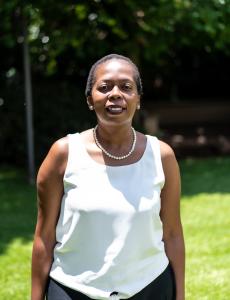This paper concurs with Enyinna Nwauche’s observation that ‘even though Africa’s second and third wave of democratization entrenched secularity as a governing ethic, the idea that secularity means the absence of religion from the public sphere is not a feature of African states’ (2019: 64). According to Nwauche, what African states are grappling with is the question of how to manage the de facto state religions of Islam and Christianity that ‘dominate and structure the public sphere. The challenge faced by secular African states is that of neutrality to enable all religions a fair access to the public sphere’ (64). Therefore, as one mechanism of mediating the de facto religious public sphere of African states, elections form an important site on which religion in Africa has an effect.
As Stephen Ellis notes in his chapter, ‘Elections in Africa in Historical Context’, rather than replacing all configurations of other forms of sovereignty, elections in Africa have ‘become widely established as one technique among others to express the legitimation of power’, despite rarely serving ‘as effective instruments for the regulation of supreme power in sub-Saharan Africa’ (2000: 40). Ellis makes his point in relation to the argument that the legitimation of power across sub-Saharan Africa shares a principle in common with regard to its foundation, namely, religion. In particular, this draws attention to ‘the notion that all power has its ultimate origin in the supernatural or invisible world, and that humans can acquire or lose power only with the acquiescence of the denizens of this invisible world, God or gods and spirits’ (39). Although Ellis ascribes the validity of this argument as primarily pre-colonial in orientation, the effect of legitimation of power as lying in the invisible world continues to influence African politics today. If one takes seriously the extent to which news about many elections on the continent is imbued with the language of divine intervention, witchcraft, sacrifice and other such language that invokes the invisible world of religiosity, one can see the continued value of Ellis’s argument. Moreover, this paper invokes Ellis’s argument to further support its own orientation of taking African religious epistemologies seriously in the context of politics and the political, and, in particular, the realpolitik effect that taking this seriously can have on the technical aspects of democracy-making, such as elections.




